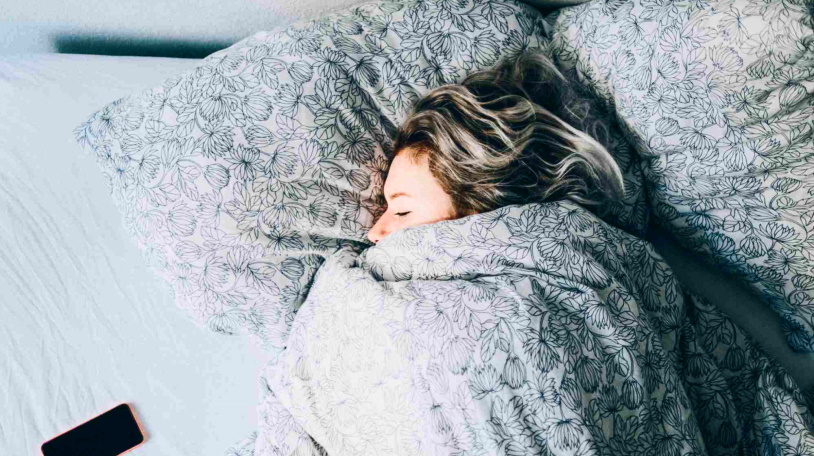
The Effects that Your Sleep Position Can Have on Your Skin
Do you know that how you sleep can affect your skin? A study has shown that the way we sleep and the pressure points on our face, neck, and back can lead to wrinkles. Sleeping on your side or stomach with a pillow under your head is the best position for preventing wrinkles. The next time you are looking for ways to keep your skin healthy, think about what position you are sleeping in!
Can your sleeping position affect your skin?
There are many effects of your sleep position on your skin. If you sleep on the right side, it can cause puffiness and dark circles under your eyes. Sleeping on the left can lead to droopy eyelids and bags below the eyes. On the stomach, pillow imprints will show up in selfies or pictures taken with flash photography. Side sleeping is more beneficial for a person’s health because it reduces pressure in the spine, which could lessen back pain and neck stiffness when waking up in the morning. Sleeping on your back may leave a line along one’s arm from being compressed against a pillow all night long, which also shows up in selfies or photos taken with flash images because of shadows cast by light sources such as lamps, candles, etc.

Best and worst sleeping positions for skin aging
It is important to have a good sleep routine in order to feel your best during the day. But did you know that your sleep position can also affect your skin? Here are a few ways that your sleep position can impact the health of your skin.
If you sleep on your stomach, you may experience more wrinkles due to the constant pressure on your face.

If you sleep on your side, you may be more likely to develop wrinkles and fine lines due to the way that your skin rubs against the pillow.
If you sleep on your back, you may be less likely to develop wrinkles and fine lines, but you may be more likely to develop acne.
In addition to impacting the appearance of your skin, sleeping in certain positions can also lead to neck pain. If you are experiencing chronic neck pain, you should consult with your doctor to find out what might be causing it and how you can alleviate it.